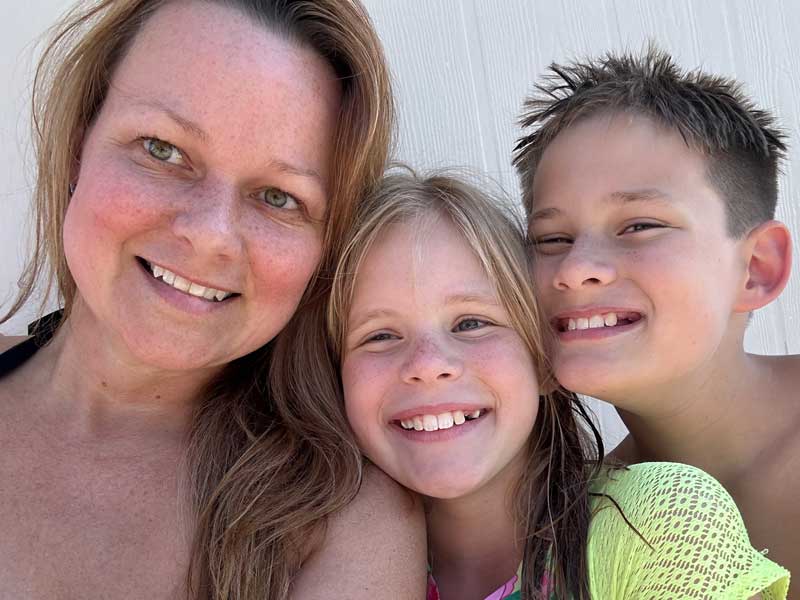A 46-year-old mom of two young children, Susana Wellman lived a life of constant motion, her schedule packed with play dates, school events, and an ever-growing list of errands and to-do’s. In 2023, she penciled in her first colonoscopy, viewing it as just another box to tick. However, that routine screening revealed stage III rectal cancer, derailing her plans and setting her on an entirely new path.
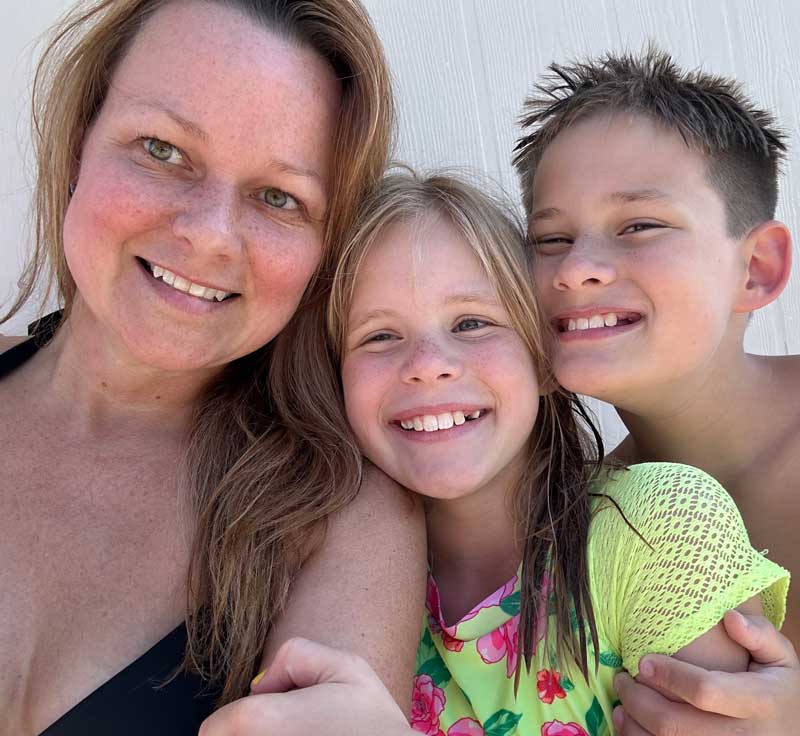
“I was shocked. I had always been healthy, and aside from feeling some fatigue — which I had attributed to just being a mom — I didn’t really have any symptoms. Most of all, though, I felt fear,” Susana recalled. “Especially having kids; that makes it harder. I didn’t want to leave them.” Making the moment even more challenging, her son had been home sick from school and accompanied her to her colonoscopy appointment, forcing Susana to maintain composure despite her internal panic. “I had to try and hold it together for him,” she shared.
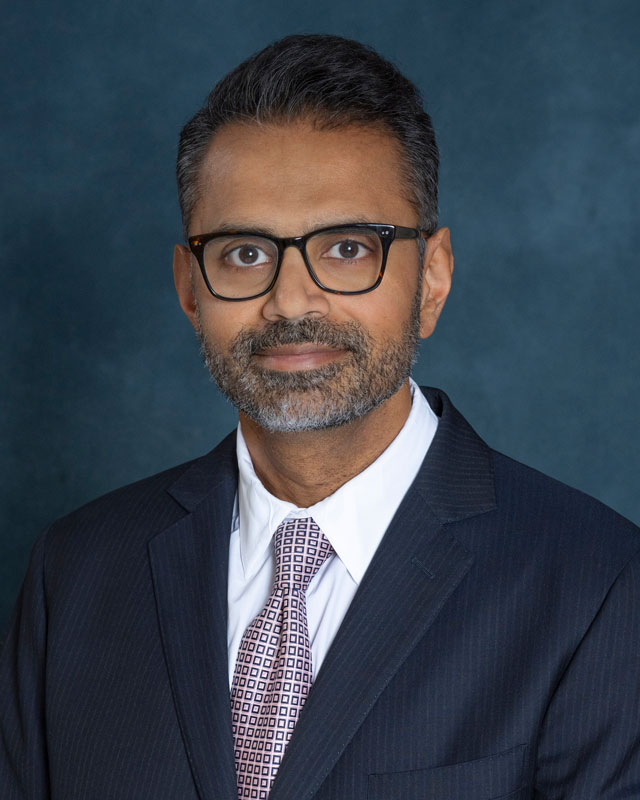
After her diagnosis, Susana was quickly connected with a comprehensive care team at Texas Oncology, which included a medical oncologist, colon and rectal surgeon, radiation oncologist, and genetic counselor.
“We discussed her case and proceeded with total neoadjuvant treatment, a multidisciplinary approach which entails chemotherapy, chemoradiation to shrink the tumor, and then surgery,” shared colon and rectal surgeon Thiru V. Lakshman, M.D., FACS, FASCRS, of Texas Colon & Rectal Specialists–Austin Central and Austin North, part of a colorectal specialty division of Texas Oncology. Susana’s care team also recommended she undergo genetic risk evaluation and testing, which revealed no known inherited genetic mutations.
Susana’s treatment plan began with chemotherapy, which led to fatigue, loss of appetite, nausea, and significant weight loss. “The immediate side effects of treatment were hard,” she admitted. “I just tried to focus on staying positive and staying healthy.”
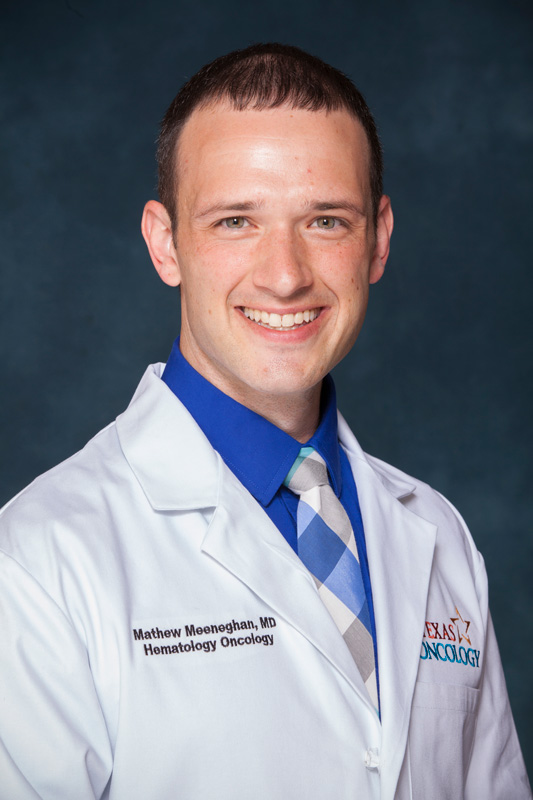
Susana appreciated the way her care team engaged with her as a person, not just someone with cancer. She bonded over humor with her medical oncologist, Mathew Meeneghan, M.D., of Texas Oncology–Bastrop and South Austin. “Dr. Meeneghan wasn’t afraid to tell jokes and make me laugh, but he’s also a total cancer nerd, which is exactly what you want.”
“One of the most inspiring aspects of my work is witnessing the resilience of patients like Susana. Despite facing a challenging diagnosis, she approached treatment with a positive spirit,” Dr. Meeneghan said.
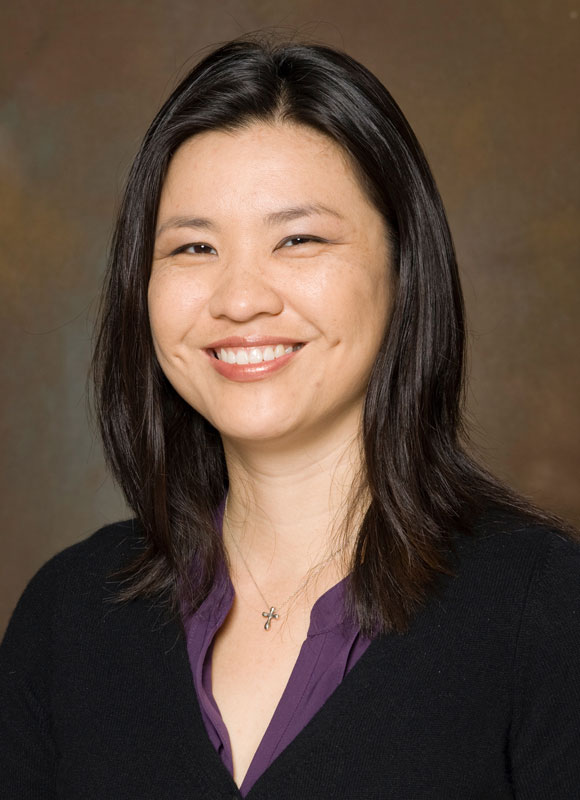
Following chemotherapy, Susana underwent six weeks of radiation therapy under the care of her radiation oncologist, Catherine Wu, M.D., of Texas Oncology–South Austin. “In addition to administering her radiation therapy, I supported Susana as she navigated some of the side effects that can come along with treatment. Through it all, she displayed a grit and determination that I found very admirable.”
After completing radiation therapy, Susana’s tumor had gone from stage III to stage I. Though she required a colostomy bag for almost two months following her operation, even this obstacle came with moments of levity. “Dr. Lakshman and one of the nurses tried to tell me the stoma was small, almost cute,” she laughed. “I didn’t believe them at all!”
As a stay-at-home mom, Susana credits her husband, Alex, with stepping up to manage family responsibilities during her recovery. “My husband was very sweet,” she said, recalling how he wrote her a heartfelt letter the weekend after her diagnosis, listing all the things he loved about her. Her parents also flew in from Kentucky for surgeries and other important moments, providing additional support.
Today, Susana is cancer-free and has made significant lifestyle changes to stay healthy, even starting a gratitude journal to help maintain a positive outlook during her ongoing follow-up care, recognizing that the first few years after ringing the bell can bring anxiety about recurrence and second cancers.
For others facing a cancer diagnosis, Susana offered straightforward advice: “Rest and try to take care of yourself. You’re going to cry and yell and get mad, but hopefully it’ll be okay.” She also stressed the importance of not dwelling on “what-ifs” and instead focusing on the present moment.
When asked about her decision to share her cancer journey with the Austin American-Statesman she said, “I’ve heard about cancer going up in people under 50, and I’m one of those people. I think it’s important to share my story. All you hear about cancer is negative, but people should know there’s hope.”
Susana’s story also serves as a powerful reminder of the importance of routine cancer screenings and talking to a physician about any abnormal symptoms associated with colorectal cancer, like blood in the stool, abdominal pain, weakness and fatigue, and unintended weight loss, among others. Those with risk factors, including family history of cancer, being overweight, inherited genetic mutations, and a personal history of certain conditions (like colorectal polyps or inflammatory bowel disease), should speak with their physician about their cancer risk.
Had Susana delayed her colonoscopy, her outcome might have been very different. Instead, she’s looking forward to returning to the workforce next year and continuing to enjoy life with her family — with a renewed appreciation for each day and a deeper understanding of what truly matters.
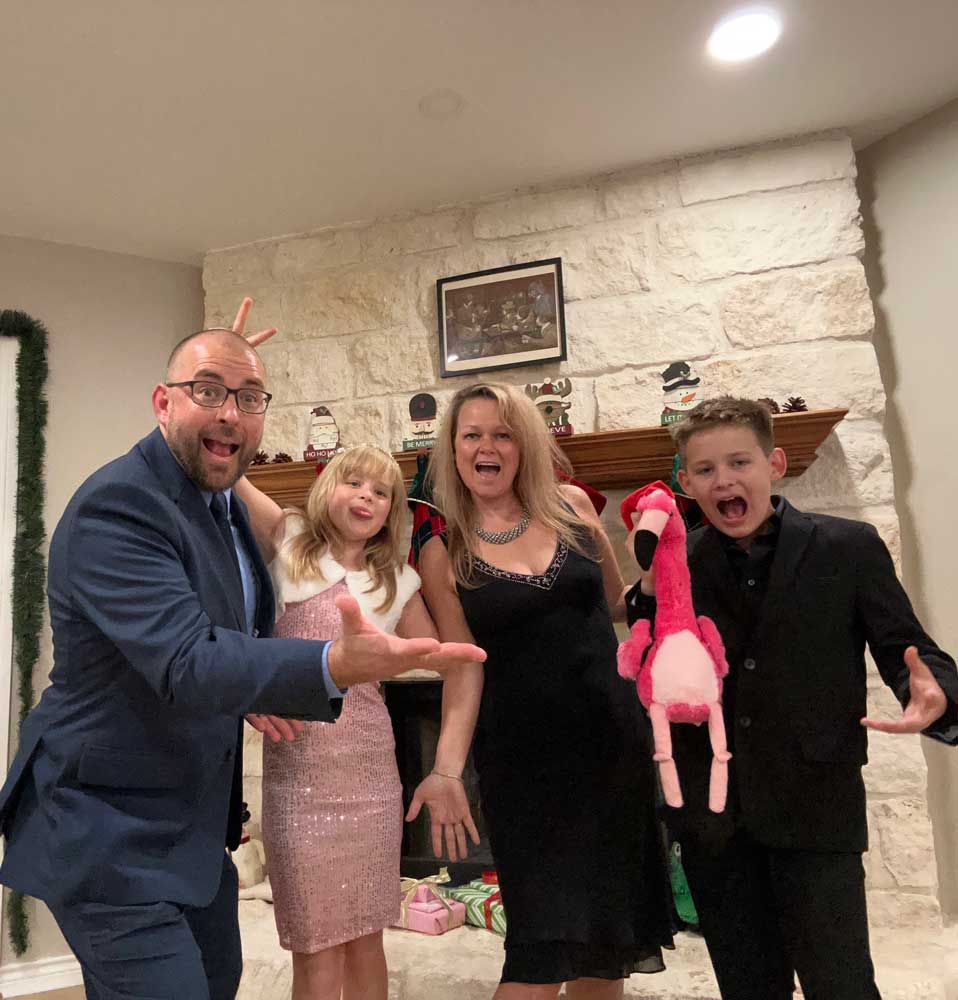
In people younger than 50 years of age, colorectal cancer incidence is rising, according to the American Cancer Society. In 2025, Texas is expected to have 12,710 new cases of colorectal cancer, with 4,470 deaths. For more information, visit TexasOncology.com.


